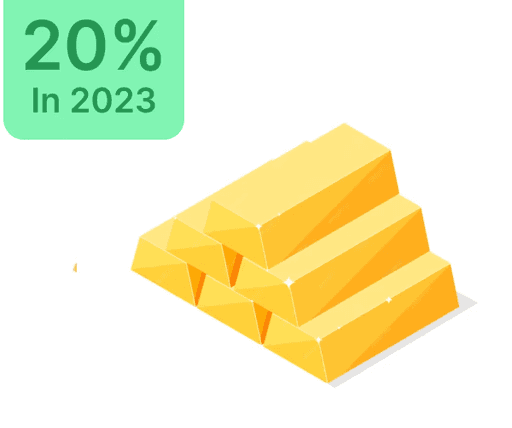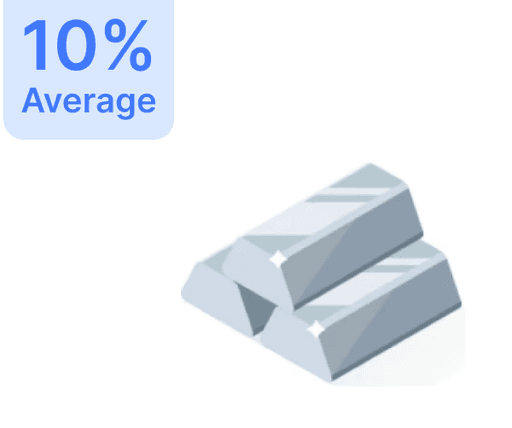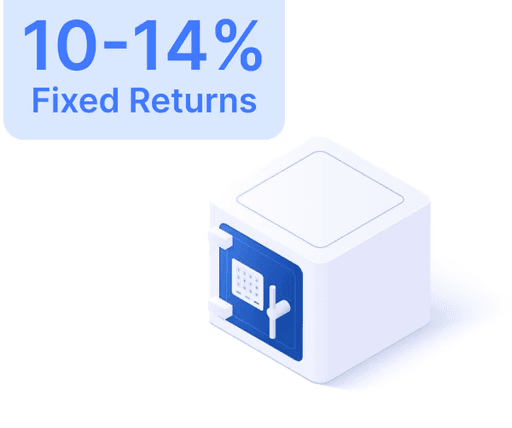
How ESAF Small Finance Bank Leads Inclusive Banking?

 Jul 23, 2024
Jul 23, 2024 15 Mins
15 MinsESAF Small Finance Bank: Positioned at the forefront of inclusive banking in India, ESAF specializes in addressing the needs of underserved and underbanked communities. Established in 2017, it aims to bridge the financial gap by offering essential banking services and small loans tailored for low-income groups.
History and Growth
Founded in 1992 at Mannuthy, Thrissur, Kerala, ESAF was initiated by K. Paul Thomas as the Evangelical Social Action Forum NGO. Initially focusing on microfinance through ESAF Microfinance, it transitioned into ESAF Small Finance Bank upon receiving a Reserve Bank of India license. It was inaugurated on March 17, 2017, by Kerala's Chief Minister, Pinarayi Vijayan, marking Kerala's first banking license since independence. Since then, ESAF has expanded into numerous states, significantly increasing its branches and workforce.
Operations and Financials
ESAF focuses on financial inclusion, offering a variety of products such as savings accounts, loans, insurance, and microfinance. By 2020, ESAF had over 500 branches across 11 Indian states. Financially stable, it reported a revenue of ₹3,141 crore and a net income of ₹302 crore in FY 2023. ESAF’s innovative microfinancing caters to those lacking traditional banking access, including small business owners, women entrepreneurs, and residents in rural or semi-urban areas.
Achievements and Future Prospects
The attainment of scheduled bank status from the RBI in December 2018 further solidified ESAF's position, reducing funding costs and enhancing service reach. SEBI's IPO approval in March 2020 aimed to raise ₹976 crore, bolstering ESAF’s financial strength and setting the stage for expanded operations.
Conclusion
ESAF Small Finance Bank demonstrates significant growth by leveraging inclusive banking. Transitioning from a microfinance institution to a full-fledged bank, ESAF addresses unmet banking needs, significantly contributing to India's banking landscape through fostering innovation and inclusivity.




